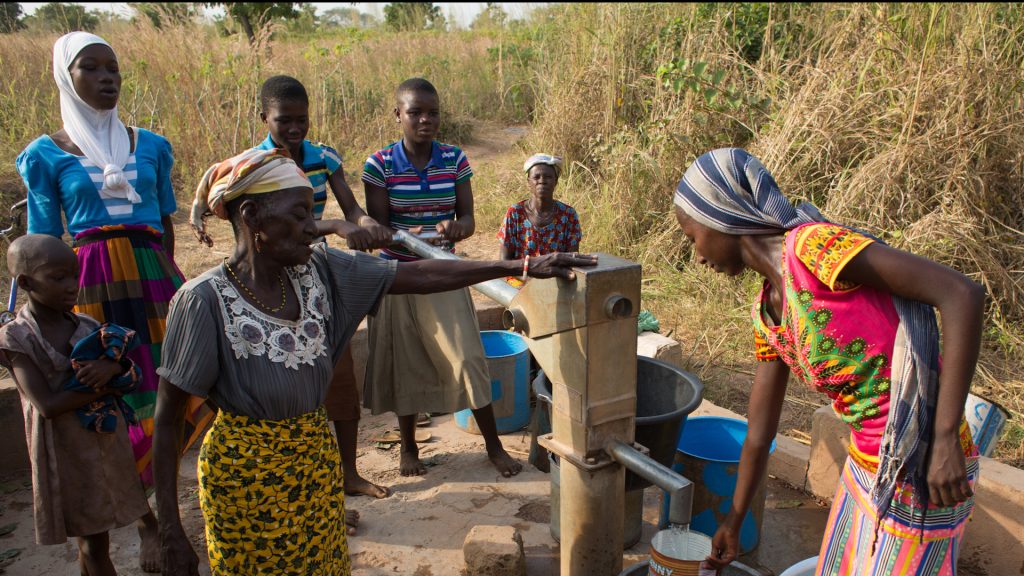Ghana women cast out over witchcraft claims say the law has failed them
Ella Greene April 14, 2025 0
- Amnesty International claims witchcraft accusations in Ghana had displaced hundreds of mostly older women, forcing them into camps without proper food, housing or healthcare. The group urges the government to criminalize accusations and provide protections for victims.
- Most accused women face social exclusion and abuse tied to gender roles, poverty or family disputes.
- Rights groups said delays in legal reforms and poor camp conditions reflect a broader failure to protect vulnerable people from ritual violence.
Full Story
Community members in Ghana have accused hundreds of people of witchcraft, forcing them to flee their communities to escape threats, violence and ritual attacks. Amnesty International reported that many now live in informal camps with inadequate access to food, water, housing, health care and livelihood opportunities.
The organization has urged the Ghanaian government to criminalize witchcraft accusations and ritual violence and to provide protection and reparations for victims.
The report, Branded for Life, documented conditions in four camps in northern and northeastern Ghana, where more than 500 people resided as of early 2024. Most of the accused are women over 50, many living with poverty, illness or disabilities.
Some community members targeted women who rejected marriage proposals or appeared too independent or successful, according to the women.
What are living conditions like in the camps?
The camps, run by local religious leaders, provide shelter but fall short of basic living standards. Residents reported leaking roofs, hunger and a lack of medical care.
The government has not established programs to support or reintegrate victims into society. Amnesty International said this neglect violates the state’s international human rights law obligations.
What legal gaps remain in Ghana?
In 2023, Ghana’s parliament passed a bill criminalizing the labeling of individuals as witches, but the president has yet to sign it into law. Amnesty International has called for legislation that explicitly bans witchcraft accusations and ritual attacks while also ensuring enforcement and protection for at-risk individuals.
Genevieve Partington, Amnesty International Ghana’s country director, emphasized that a legal response alone is insufficient. She called for a long-term awareness campaign to dismantle harmful cultural beliefs and promote social inclusion for older people and women.
Witchcraft-related abuses elsewhere in Africa
Witchcraft accusations and vigilante violence have spread beyond Ghana. In early 2024, traditional healers in Angola forced at least 50 people to drink a toxic potion, killing them. In the Democratic Republic of Congo and Guinea-Bissau, mobs publicly executed women accused of sorcery.
Rights advocates said deeply entrenched beliefs about witchcraft, combined with poverty and a lack of legal protections, continue to fuel abuses.
What has the government’s response been so far?
Amnesty International shared its preliminary findings with Ghanaian authorities in February 2025 but received no formal response before publication. The Ministry of Gender, Children and Social Protection has expressed support for reviving the anti-witchcraft legislation.
As accusations persist and conditions in the camps remain dire, human rights organizations continue to push for legal reform, social reintegration programs and stronger protections for those at risk.
Ella Rae Greene, Editor In Chief
Ella Greene
Ella and the staff at Clear Media Project (CMP) curate these articles.
Unless otherwise noted CMP does not write these articles.
The views, thoughts, and opinions expressed in the articles published on this blog belong solely to the original authors and do not necessarily reflect the views of the blog owner. The blog owner does not claim ownership of the content shared by contributors and is not responsible for any inaccuracies, errors, or omissions.
All rights and credits goes to its rightful owners. No Copyright Infringement is intended. If you believe any content infringes on your rights, please contact us for review and potential removal.





